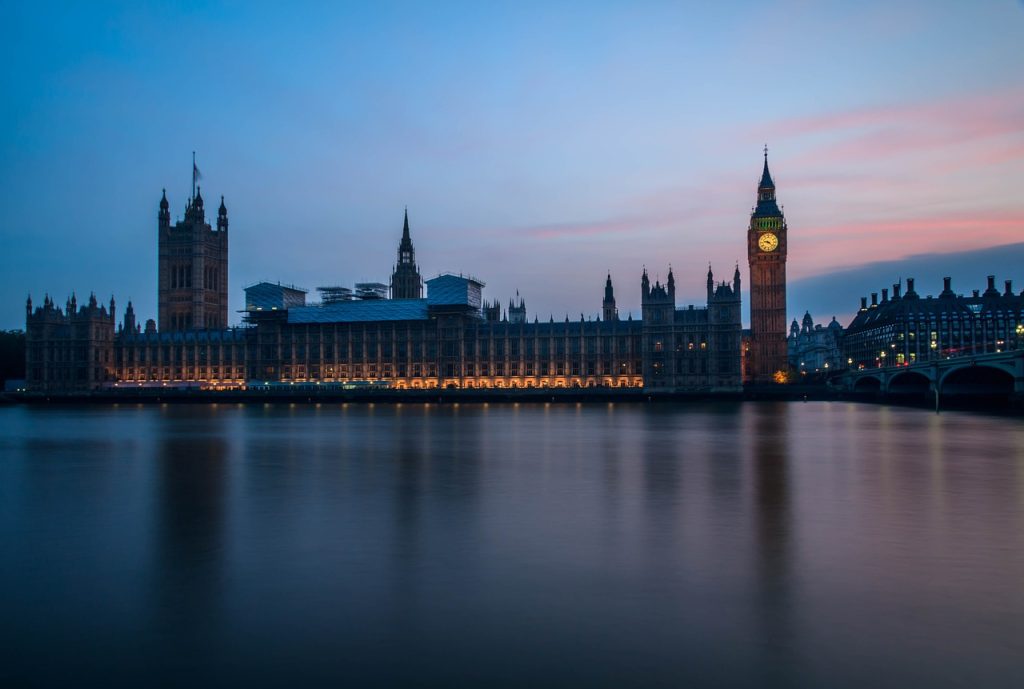In May 2022, the Government published its response to the final report from the Independent Inquiry into Child Sexual Abuse (IICSA).
The report contained a raft of recommendations aimed at improving how state and non-state institutions in England and Wales fulfil their duty in protecting children from sexual abuse.
Central to that response was a recommendation by the IICSA for the Government to introduce a new Mandatory Reporting Duty (MRD) for child sexual abuse. In the words of the Government: “If delivered effectively, an MRD could provide an important mechanism for accountability where young people have been failed by those responsible for their care, creating a clearly understood process for reporters to take action (with robust personal and professional protections), and most importantly, ensures that more victims can be identified and safeguarded.”
It’s those final few words that are the real driver in all of this, but it’s precisely those words that remain the biggest obstacle in children’s social care. Time and again, we see instances where victims are not ‘identified’ and not ‘safeguarded’ from harm. Report after report, inquiry after inquiry, have laid bare cracks in the system that need to be fixed. So will the introduction of a Mandatory Reporting Duty go some way to do the job?
The Government admits that such a duty could impact a wide range of sectors and, therefore, has introduced a 12-week Call for Evidence, which has just come to an end. The aim was to gather views from across the industry about how implementing a duty to report child sexual abuse is likely to impact children, organisations, and affected workforces and volunteers, as well as how different aspects could be implemented.
The Government has gone to some length to ensure it covers all ground, with a series of workshops also being run to gather further insight into what the duty should look like and its potential impact.
It’s only right that such efforts should be made. Not just to demonstrate collaboration, transparency, and intent, but also because of the magnitude of the problem.
The IICSA took seven years to investigate the matter; over four million pieces of evidence were examined; and some 6,000 individual stories and testimonies were heard from victims and survivors, many of whom had never spoken before about what had happened to them. As the Government rightly stated: “At the heart of the Government response lies our resolve to ensure that the institutions of the present and future are not like those of the past, and to support victims and survivors in finding, as one put it, ‘life after abuse’.”
The Inquiry revealed fundamental systemic failings, with adults and organisations repeatedly putting their reputations ahead of protecting vulnerable children – either ignoring or actively covering up abuse. The aim moving forward is to build on the UK’s position as a ‘world-leader’ in stopping child sexual abuse, adding to tougher sentencing for perpetrators, the ongoing Online Safety Bill, tough new measures to crack down on grooming gangs, and a police taskforce to support local forces with their investigations.
It’s right to highlight systematic failings, yet it is also true that there are so many things in place that do set us apart from many other countries when it comes to dealing with such crimes. So where now? Is a MRD the right way forward? Does the report contain other more important recommendations that need greater attention?
What is certainly clear is that a mandatory reporting structure will not replace the effectiveness of a psychologically safe culture. If colleagues feel safe and supported to report concerns, and are well trained to do so, then instances of abuse, wherever humanly possible, will be spotted and reported. If organisations are truly learning from experience and developing their safeguarding culture, they have much more of a chance to keep vulnerable people safe.


